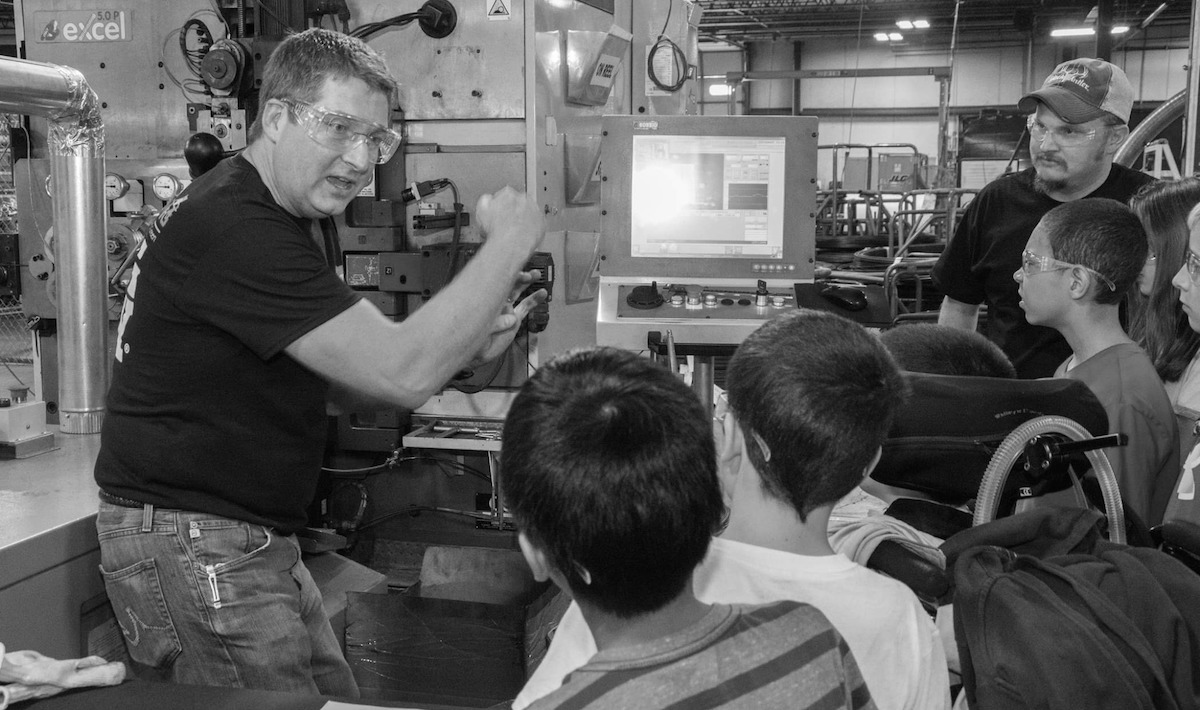WHIN
The Wabash Heartland Innovation Network is a consortium of 10 counties in north-central Indiana devoted to working together to fuel prosperity by harnessing the power of Internet-enabled sensors to develop our region into a global epicenter of digital agriculture and next-generation manufacturing.
Subscribe to monthly WHIN Newsletter
USING DATA TO HELP NORTH CENTRAL INDIANA THRIVE
It took 2 generations of farmers in the rural parts of the midwest to choose to adopt electricity about 100 years ago. We are still suffering in our country from the socio-economic divide caused by this lapse. There is another technology emerging with the same potential to change the world, data. In a similar way, the urban centers are already beginning to receive data and digital communication capabilities like broadband, and the rural areas are lagging behind…not just in streaming video, but in more socio-economic drivers like online education and online jobs as well. WHIN exists to keep what happened with electricity adoption from happening again with data adoption in rural America.
WHIN focuses on the region’s under-investment in what Brooking’s GPS Report calls "digitalization" in industry. Digitalization is the adoption of digital technology through things like IoT. The term Internet of Things (IoT) refers to everything that is the Internet (I) as we know it, applied to the physical world (T) as a “user.” It’s input/output devices to connect users to data, and all that data is networked to single location in the cloud where it can be analyzed to help those users make better decisions.
We do this by attracting and vetting technology providers, then working with them to lower the risk for our Alliance members to try out their innovations. And in the process all the data gets sent back to WHIN to be organized and made available for research so more technology providers can be created. The research data is what we call our Living Lab.
Data shows that digitalization is correlated with higher productivity, and higher productivity leads to more investment, and ultimately to a higher standard of living and quality of life. In the end, in much the same way southern California did for silicon 75 years ago, WHIN is building a self-sustaining, virtuous ecosystem around emerging technology pathways related to sensors and data. If we can get everything working together, and everyone benefitting, why wouldn’t commerce come to our Data Decagon in much the same way it has come to the Silicon Valley?
Wabash Heartland Innovation Network is focused upon serving 10 counties: Pulaski, White, Cass, Benton, Carroll, Tippecanoe, Warren, Fountain, Montgomery, and Clinton. By promoting smart technology throughout these 10 counties, WHIN is aiming to become the first recognized smart region in the nation.

Andrea Schwartz
Andrea Schwartz, Dean of the School of Advanced Manufacturing, Engineering, and Applied Science at Ivy Tech Community College in Lafayette, brings her strong background in the ag industry plus her academic and administrative experience with various schools to the WHIN team.

Steve Schultz
Steve is the chief legal officer at Purdue University and advises the Trustees, the president, and senior administrators on issues of law, governance and risk management and oversees and directs the representation of the University in all legal matters. We are grateful to have Steve’s legal and corporate governance expertise on our Board of Directors.

Dr. Karen Plaut
Dr. Plaut is the Dean of Purdue's College of Agriculture. In this role, she is responsible for administering academic programs in the College of Agriculture, the Indiana Agricultural Experiment Station, the Purdue Cooperative Extension Service and a number of state regulatory services. In addition to her administrative role, Dr. Plaut is also Professor of Animal Sciences and has an active research program in mammary gland biology. Prior to her appointment as dean, she was Senior Associate Dean for Research and Faculty Affairs in the College of Agriculture.
10 counties. 2 sectors. 1 vision.
Wabash Heartland Innovation Network is focused upon serving 10 counties: Pulaski, White, Cass, Benton, Carroll, Tippecanoe, Warren, Fountain, Montgomery, and Clinton. By promoting smart technology throughout these 10 counties, WHIN is aiming to become the first recognized smart region in the nation.



